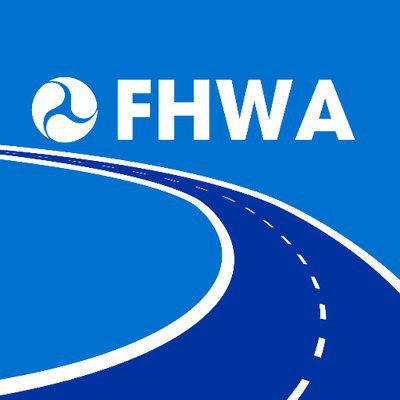Biden-Harris Administration Opens First Round of Applications for $250 Million to Reduce Traffic in Urban Areas

New competitive grant program under Bipartisan Infrastructure Law to help cut traffic and pollution on America’s roadways
WASHINGTON- The U.S. Department of Transportation’s Federal Highway Administration announced today a new Bipartisan Infrastructure Law program that makes $250 million available, over five years, in competitive grants to advance innovative, multimodal solutions to reduce vehicular traffic in the most congested metropolitan areas of the United States.
The Congestion Relief Program is accepting applications for the first round through a Notice of Funding Opportunity, which provides $150 million in grants for fiscal years 2022, 2023 and 2024. The grants are available to states, metropolitan planning organizations, cities, and municipalities for projects in urban areas with a population of at least one million.
“Traffic congestion without multimodal options is a major problem throughout America, especially in large metro areas, significantly limiting mobility and reducing clean air quality in our cities — while diminishing productivity nationwide because of higher costs when people and goods are delayed in traffic,” said Federal Highway Administrator Shailen Bhatt. “With this program, we’re aiming to tackle congestion and provide a higher standard of living and greater multimodal options and working for the people in populated areas.”
The Congestion Relief Program provides funding to reduce highway congestion and the economic and environmental costs associated with congestion, including pollution from transportation emissions. The program also optimizes existing highway capacity and transit systems, improves coordination with transit, and encourages other modes of travel.
Eligible projects include the deployment and operation of integrated congestion management systems; certain transit and mobility services; and incentive programs encouraging travelers to carpool, use transit, or travel during nonpeak periods. The agency will give priority to projects that advance innovative, multimodal solutions to traffic congestion in urban areas that are experiencing a high degree of recurrent congestion.
For additional information about the Congestion Relief Program and the NOFO please visit https://ops.fhwa.dot.gov/bipartisan-infrastructure-law/
# # #


